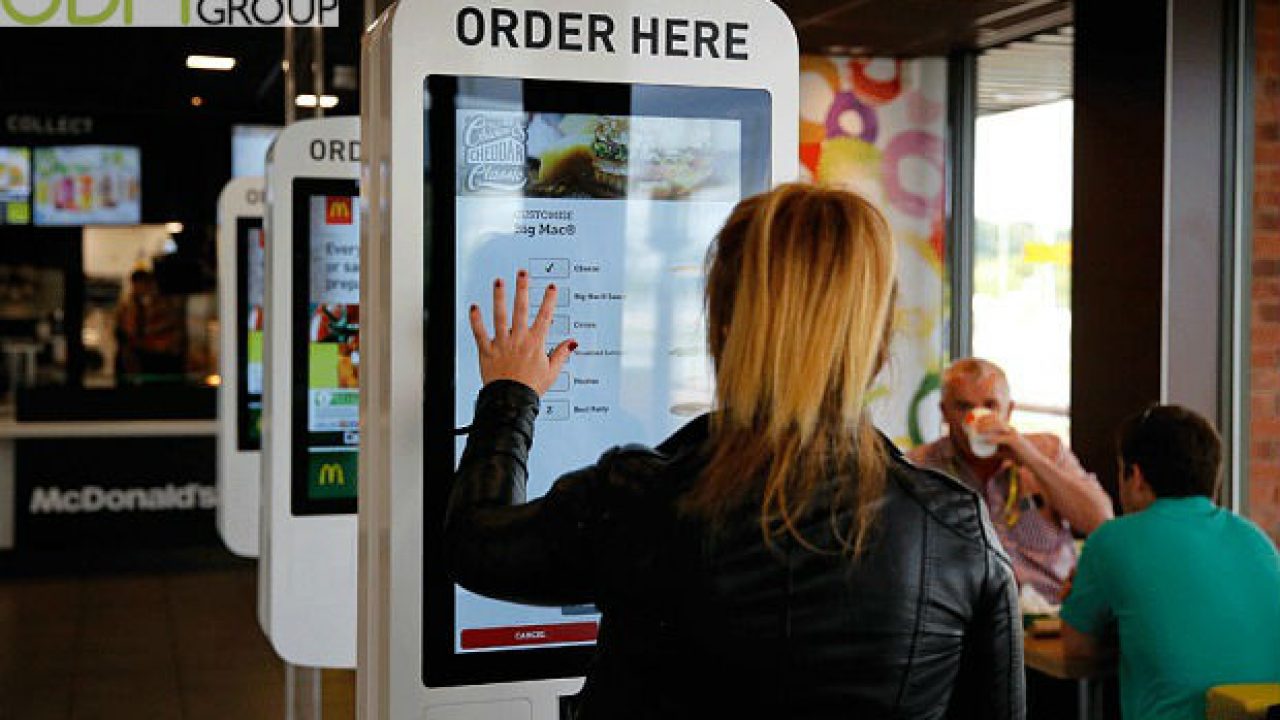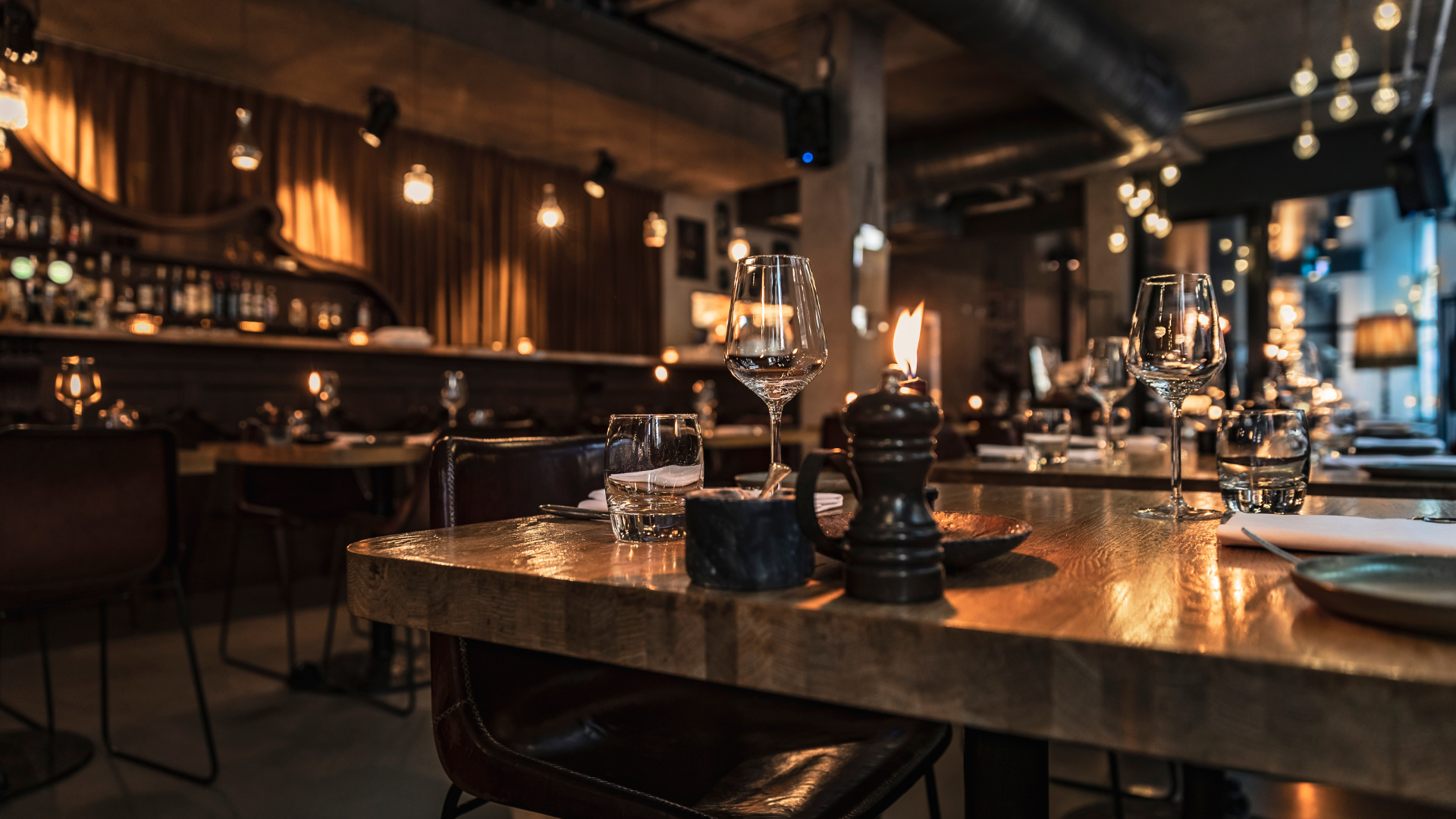OpenTable is a popular online reservation platform for restaurants in the UK. It helps diners discover and book tables at various restaurants, making it convenient to plan dining experiences.
Users can search for UK restaurants based on criteria like cuisine, location, and availability, all from the comfort of their devices.
OpenTable also provides reviews and ratings from other diners, adding a social aspect to restaurant selection. It’s a handy tool for food enthusiasts exploring new culinary experiences.
Since OpenTable’s Core plan starts at £179, it isn’t always feasible for small cafés, pubs and others to invest in this product. That’s why exploring the possible alternatives is an investment that makes sense.

Why is a good reservation system important for restaurant management in the UK?
Although each business has unique needs to consider, sound UK reservation systems are crucial for several reasons.
- Increased Visibility. Reservation systems allow you to reach a broader audience by listing their availability online. This visibility is vital for smaller or newer establishments trying to attract customers.
- Efficient Management. These systems streamline the reservation process, making it easier to manage bookings and reduce no-shows while optimising seating capacity.
- Data Insights. You receive valuable data and analytics that deliver insights into customer preferences, peak dining times, and popular menu items, helping you to make informed decisions.
- Reviews and Feedback. Some reservation systems offer a platform to receive feedback from diners, helping you improve services and maintain quality.
A good reservation is essential for UK restaurants as it aids in attracting customers and streamlining operations. This investment enhances the dining experience, ultimately contributing to your success and growth in a competitive industry.
When OpenTable doesn’t make sense as an investment for your operations, consider a top alternative to achieve similar results while meeting your specific needs.
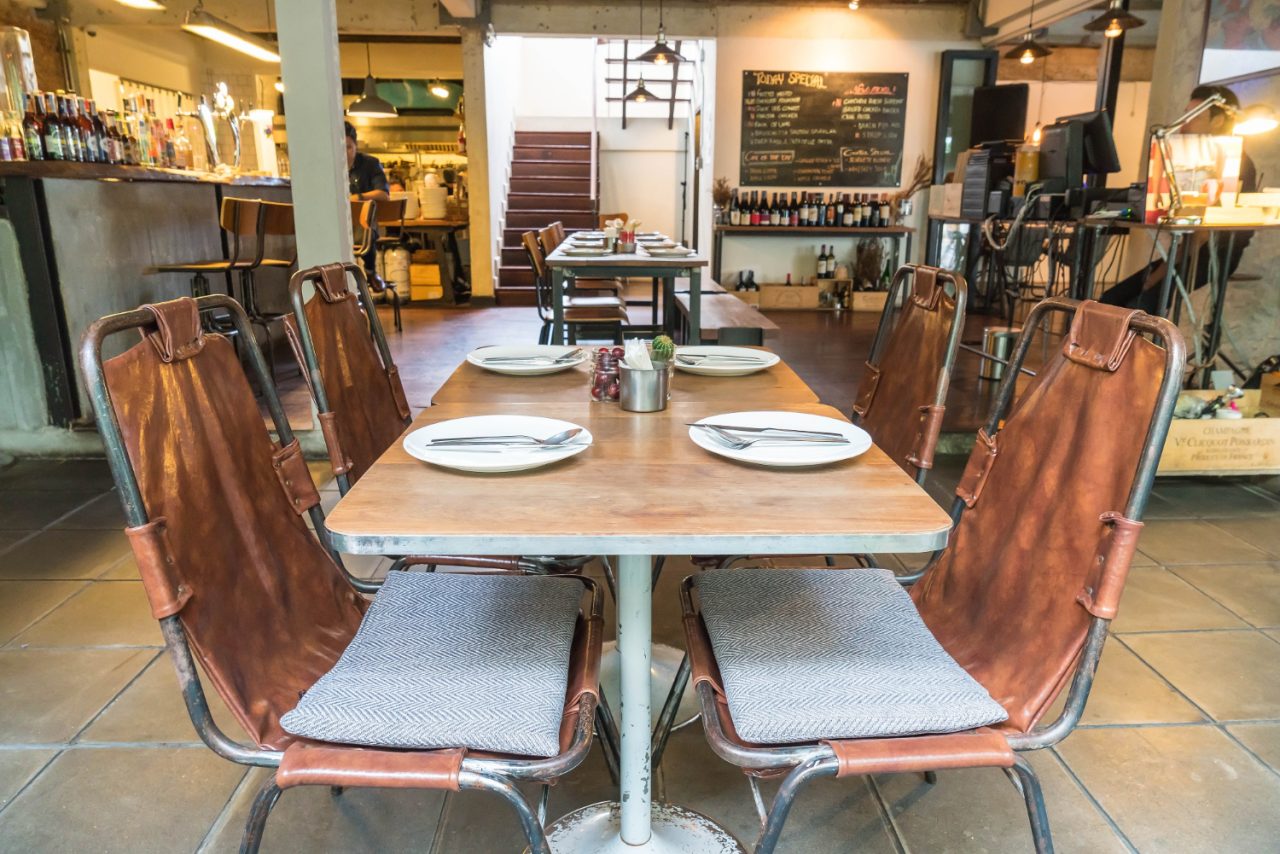
List of the top 7 OpenTable alternatives in the UK
1. Grafterr
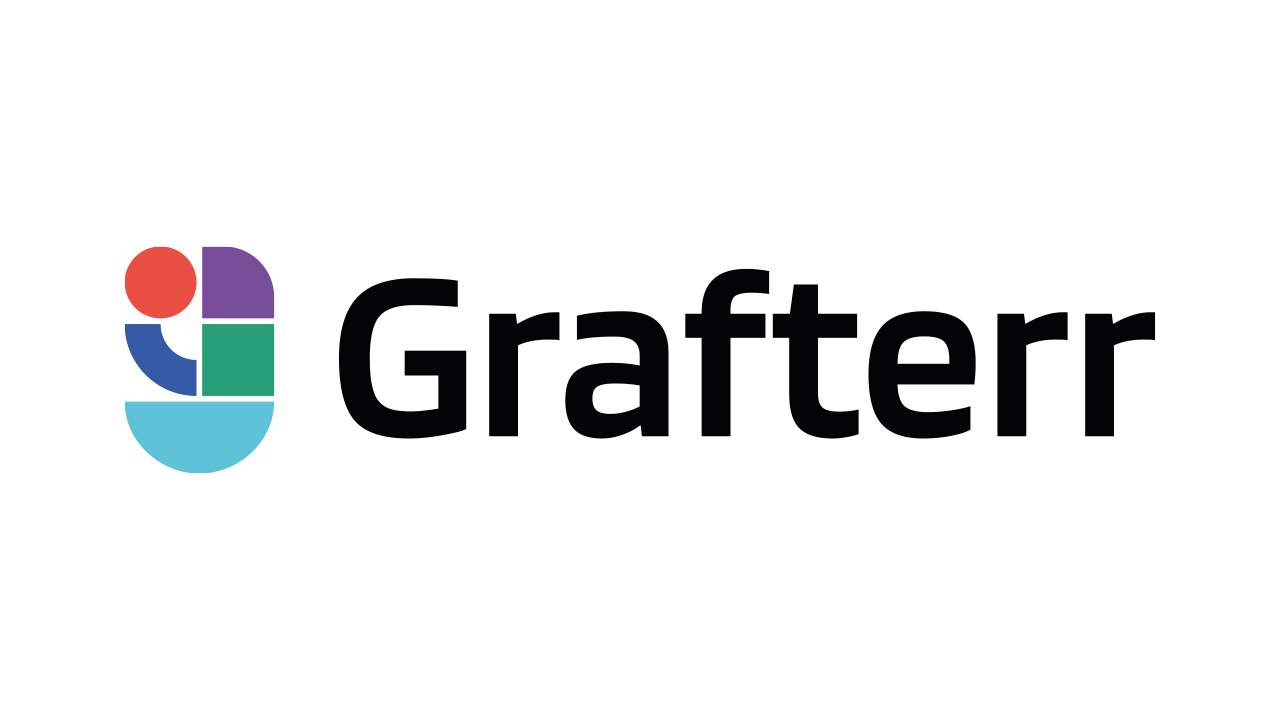
This UK hospitality tech solution streamlines bookings and enhances the dining experience as you’d expect from OpenTable. It is a user-friendly platform that simplifies the entire process for the consumer.
In return, you can reduce no-shows while receiving valuable customer insights.
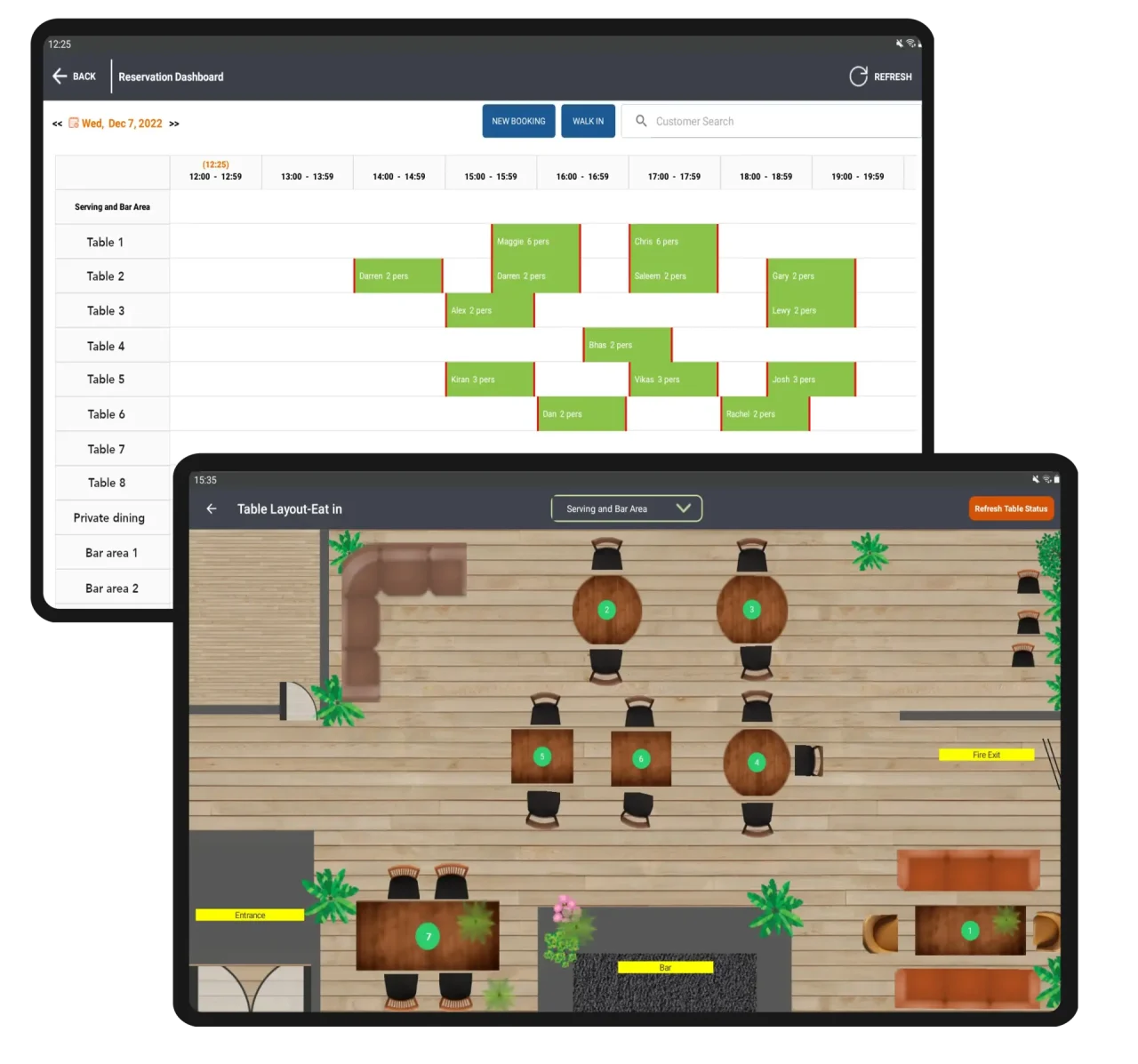
Grafterr provides valuable data analytics, helping restaurants make data-driven decisions for better service. Its affordability makes it accessible for various eateries.
For only £34 per month, you receive a PRO-grade platform that streamlines everything. You’ll have full menu control and access to numerous award-winning features that automate and control each area of your business.
It’s suitable for large and franchised F&Bs or a neighbourhood diner looking to streamline activities.
| Pros of Using Grafterr | Cons of Using Grafterr |
| Grafterr offers an intuitive and easy-to-navigate platform, making it convenient for customers and restaurant owners. | During peak hours or busy seasons, securing a reservation through Grafterr can be challenging for popular restaurants. |
| It offers real-time updates on table availability, reducing the chances of overbooking or waiting times. | Technical glitches or internet connectivity issues can occasionally disrupt the booking process, causing frustration for businesses. |
| Users can read reviews and ratings from fellow diners, helping them make informed decisions about where to dine. | Depending on the restaurant’s policy, cancelling or modifying a reservation might include restrictions or fees. |
2. ResDiary

ResDiary offers a range of features for both restaurants and diners. It allows you to see a calendar with your bookings, making it easier to plan staffing or allocate resources.
Each customer receives a confirmation email and reminder about their reservation. You have tools to manage waitlists effectively while getting insights into purchasing trends and customer behaviour.
| Pros of Using ResDiary | Cons of Using ResDiary |
| ResDiary offers a robust reservation management system, allowing businesses to efficiently handle bookings, allocate tables, and reduce the risk of overbooking. | Implementing and customising ResDiary can require some staff training, and adjustments to existing workflows can take time. |
| It provides custom options for setting reservation rules, including booking times and party size restrictions. | In areas with many restaurants using ResDiary, competition for diners’ attention can be fierce, and getting noticed can be challenging. |
| You can integrate it with other systems, including POS and inventory management. | Relying on an internet-based reservation system means a loss of connectivity can disrupt reservation management. |

3. Quandoo
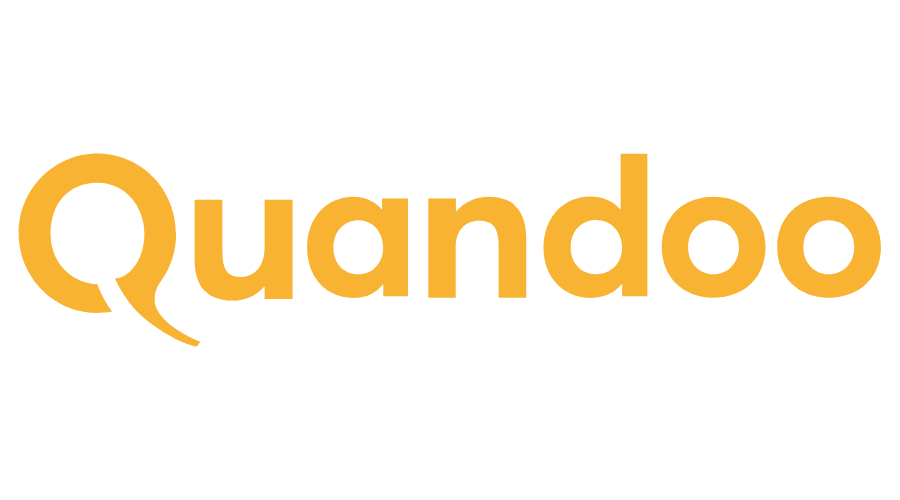
Diners can easily make restaurant reservations through Quandoo’s website or app, providing convenience.
Restaurants can efficiently manage their table allocation and seating arrangements, optimising their dining spaces. You can customise your profile and information to reflect your brand while accessing the information on mobile devices.
It is an OpenTable alternative that streamlines the reservation process to benefit you and your customers by creating an enhanced experience.
| Pros of Using Quandoo | Cons of Using Quandoo |
| Quandoo offers insights into customer preferences and dining habits, allowing you to tailor your offerings and marketing efforts. | Quandoo charges a commission fee for each reservation, which can add to your operational costs. |
| Both you and your customers benefit from the convenience of online reservations, enhancing the overall dining experience. | Relying on a third-party platform means you need to adapt to any changes or technical issues that may arise. |
| The platform provides tools to manage reservations efficiently, reducing the risk of empty tables. | You may have limited control over customer data, which is valuable for marketing and customer retention. |
4. TheFork
Consumers can easily book tables at their preferred UK restaurant with this platform. It allows them to specify the time and date and offers the chance to communicate party size.
The platform offers real-time availability information so that diners have a hassle-free reservation experience. Several filters are available, including location and cuisine choice.
| Pros of Using Bookatable | Cons of Using Bookatable |
| Bookatable offers tools to manage reservations, tables and customer feedback. | You may have limited control over the appearance and branding of your reservation page. |
| You can collect valuable customer data for marketing and personalisation. | Managing customer data requires careful attention to data privacy regulations like GDPR. |
| It can help your restaurant reach a broader audience, increasing the visibility of your business. | There is no guarantee that more customers will come to your business, even if you invest in streamlining operations with this platform. |
5. SimpleERB
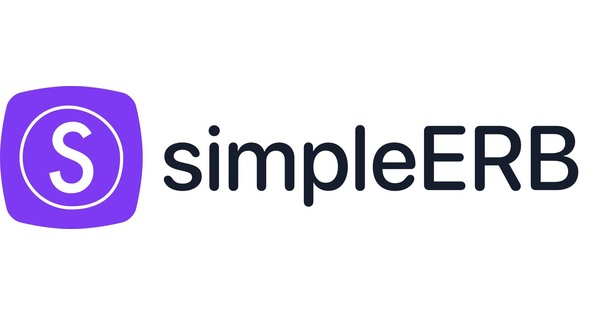
This software provides real-time information on table availability, ensuring that UK restaurants can maximise their seating capacity and avoid overbooking.
In addition to reservations, SimpleERB often includes features for managing waitlists, helping you efficiently accommodate walk-in customers during peak hours.
You can track reservation trends or assess how specific dining areas perform in your establishment. It delivers an intuitive interface that is easy to navigate and use.
| Pros of Using SimpleERB | Cons of Using SimpleERB |
| With SimpleERB, you can reduce manual work and ensure efficient allocation by streamlining your reservation processes. | It might take some time for you and your staff to become fully proficient in using the system, potentially causing initial operational challenges. |
| Automated tools work to reduce the risk of no-shows. | Some advanced features are lacking in SimpleERB compared to more robust reservation systems. |
| You can tailor it to match your restaurant’s specific needs and preferences. | Customer-side downtime can result in reservation disruptions outside your control. |
6. Eat App
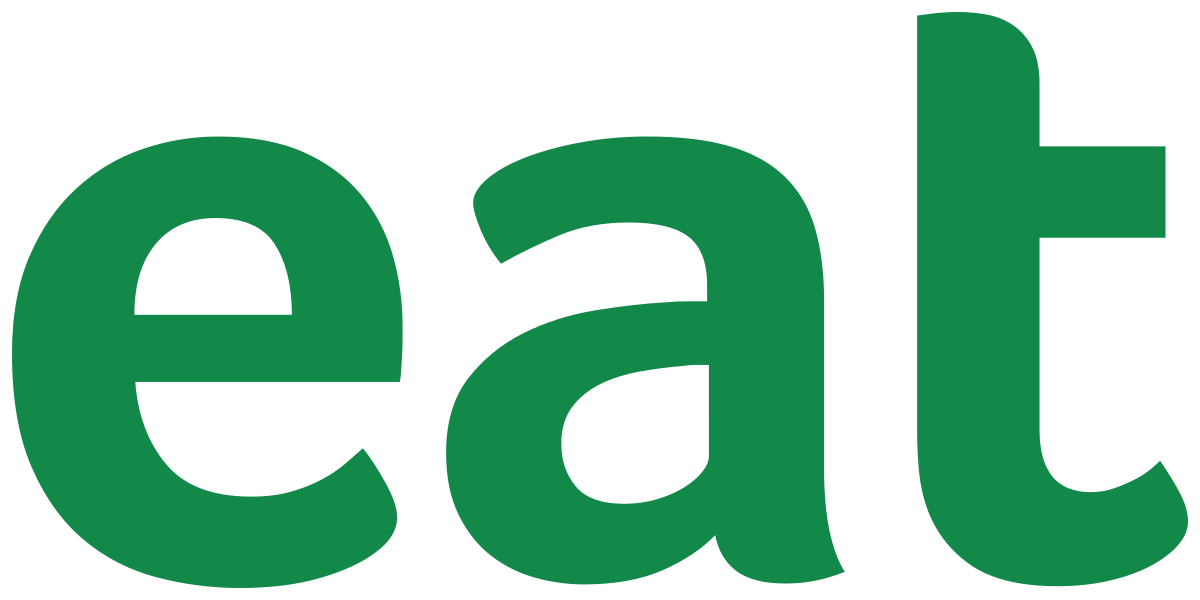
This restaurant reservation and guest management platform is designed to streamline the dining experience for customers and UK business owners. It functions like a digital concierge service, including reservation booking and real-time availability.
Restaurants can use Eat App to personalise the dining experience for their guests. That could include noting dietary preferences, special occasions, or seating preferences.
| Pros of Using Eat App | Cons of Using Eat App |
| The layout is user-friendly, allowing for rapid adoption within your UK restaurant. | It doesn’t allow users to report issues or problems directly during the reservation process. |
| You can upload your logo, change the wording to “café” or another option, and control the default guest visit duration. | Customer service queries often have slow responses since most questions get self-managed with a FAQ section or by email. |
| It automates many of your manual functions, including assigning tables and sending SMS texts to customers. | Channel performance metrics provide less information than what you’ll find with other OpenTable Alternatives. |
7. Yelp Reservations

This system is a feature on the Yelp platform that allows users to make restaurant reservations online. It’s a convenient tool for diners looking to secure a table at their favourite restaurants without the hassle of a direct call.
Customers can browse a list of restaurants in their area, check availability, and choose a date and time that suits them. It’s a user-friendly way to plan dining experiences, especially for special occasions or busy evenings when restaurants fill quickly.
| Pros of Using Yelp Reservations | Cons of Using Yelp Reservations |
| It is directly integrated into the Yelp platform, making it easy to reserve with a click. | The platform can be confusing, leading to miscommunication between customers, restaurants, businesses, and Yelp. |
| Users can check in or write reviews, helping future customers receive an authentic glimpse at what to expect. | It can be challenging for customers and businesses to find the specific features they need to use in exact situations. |
| Your business can be featured in nearby places to eat and have search options categorised by food type, cost or rating. | There are no phone, POS, or payment integrations to use. |
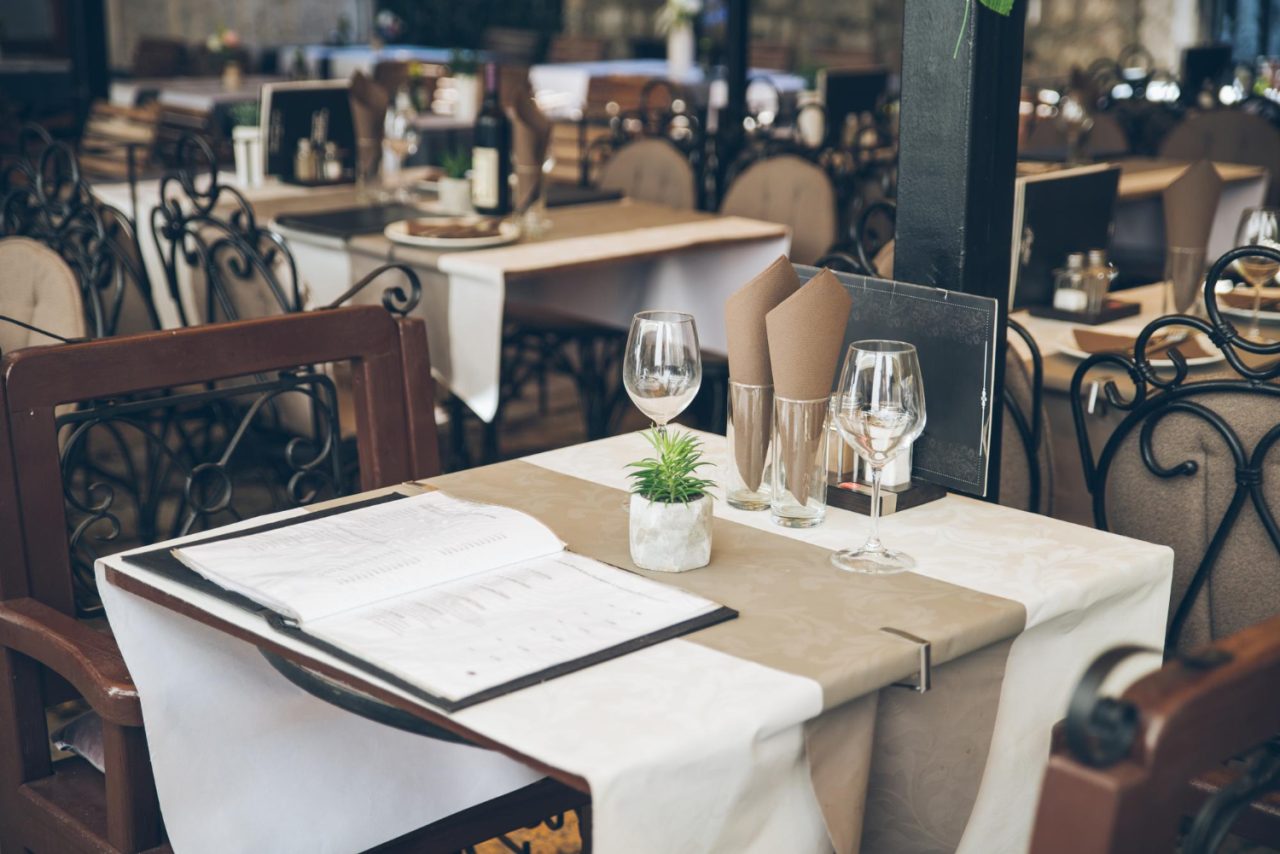
How to choose the best OpenTable alternative for your restaurant?
Picking a good table reservation system is crucial for restaurants and similar businesses in the UK. Here’s a guide to help you make an informed decision.
Interface and Integration
It helps to find a system that is easy to navigate for your staff and customers. It should facilitate smooth reservations and edits. Then, ensure it integrates with your existing POS and website to streamline your operations.
Mobile Accessibility with Payment Processing
Look for a system that offers a mobile app or mobile-responsive website for on-the-go management. You’ll want to verify that the software supports secure online transactions if you require deposits or prepayments.
Database and Waitlist Management
Choose a system that maintains a customer database for personalised service and marketing. It should have a waitlist feature to accommodate walk-ins efficiently while accommodating those who plan their time with your business well in advance.
Reporting and Analytics
Access to data on reservation trends and customer behaviour can help in decision-making. You’ll have access to information-based decisions about what works and what doesn’t with your operations, ensuring that you can serve people however they prefer while meeting your marketplace’s needs.
Cost and Support
To fit your budget, take some time to compare pricing models, including monthly fees or per-reservation charges. The best OpenTable alternatives provide excellent customer service to support your business when issues arise.
Customisation and Trial Periods
Many software providers offer a trial period. Take advantage of this to test usability and performance based on your current or expected service requirements. If this option is available, consider choosing a flexible platform for setting booking rules, table layouts, and reservation time slots.
Is it time to upgrade to a better reservation software?
If you’re finding it challenging to manage reservations efficiently or experiencing frequent issues with your current system, consider upgrading to a more advanced reservation system.
Although OpenTable is often seen as a top platform, its cost and feature profile might not be the best for all UK restaurants. That’s when one of these alternatives could be helpful!

Upgrading can streamline operations and enhance the customer experience. When you work with Grafterr or another option that aligns with your specific needs and budget, it will become much easier to scale your business and support each customer.



